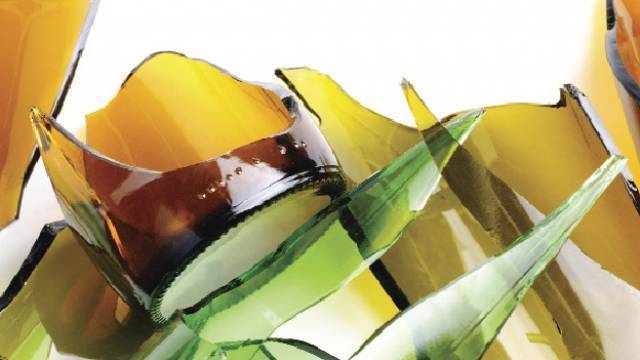A tighter convergence of objectives and a stronger legal coherence between the safety of Food Contact Materials and the principles of the Circular Economy were debated recently at the European Parliament, co-hosted by MEPs Birgit Collin-Langen (EPP, DE) and Christel Schaldemose (S&D, DK).
The increase of waste recycling in the future EU Circular Economy must also ensure increased safety of food contact materials.
Food contact materials and articles are today covered by the EU Framework Regulation (EC) No 1935/2004 which establishes general safety requirements and identifies 17 groups of materials and articles that may be subject to harmonised measures. In the absence of the specific rules for non-harmonised groups of materials and articles the possibility remains for Member States to adopt national provisions. Thus, diverse national interpretation results in additional market obstacles, loss of competitiveness, and difficult access to the market for business operators.
The draft report on the implementation of the Food Contact Materials Regulation has been recently published by its Rapporteur MEP Schaldemose in the ENVI Committee. It calls for further harmonisation at EU level for non-harmonised materials through specific measures based on scientific evidence, better risk assessment, and traceability and monitoring of compliance with legislation.
“The EU Framework Regulation constitutes a solid legal basis, and its objectives remain relevant, commented MEP Schaldemose, but this is no longer enough to guarantee the safety of recycled materials which can potentially contain substances dangerous for consumers’ health. It is really great we can work on this topic together”.
A more harmonised Food Contact Material legislation which takes account of the Circular Economy challenges will also give better market access to those materials which do not contain chemicals, are safely recycled in clean and simple streams and can guarantee consumer safety because of their inherent properties.
“We are now working on these challenges in the ENVI Committee. Safety and recyclability of food packaging needs to be addressed simultaneously and urgently”, warned MEP Collin-Langen, Shadow Rapporteur on the Report, “only then will we be able to guarantee a high level of health protection for EU citizens and minimize the impacts on the environment”.
In his intervention to the debate, Michael Warhurst from CHEM Trust made the case for more harmonised regulation of chemicals in contact with food and called for a direct link between REACH and food contact legislation. “We need a stronger connection between the promotion of recycling and ensuring the safety of recycled materials used in food contact applications. In addition, a true circular economy requires the removal of problem chemicals at the design stage, making non-toxic material cycles a reality”.
The Secretary-General of the European Container Glass Federation (FEVE), which collaborated in the organisation of the MEP debate remarked that “it is important we have harmonised EU legislation for all food packaging materials to get rid of any internal market barriers to the circulation of safe recycled packaging. The use of permanent materials like glass should be encouraged: they do not lose their safety properties no matter how many times they are recycled”.




